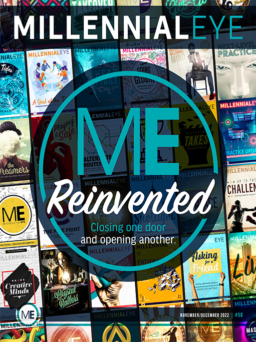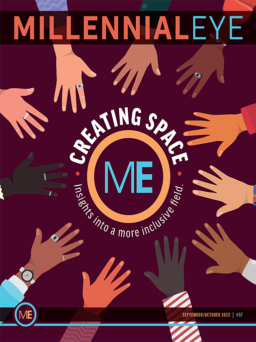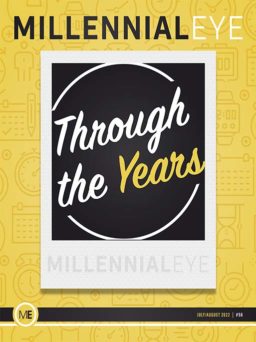In a few months’ time—July of 2015—my colleague Robert Weinstock, MD, will be sponsoring what may be the first ophthalmology fellowship focusing exclusively on refractive cataract surgery. With the explosion of devices such as femtosecond lasers, intraoperative aberrometry, digital guidance systems, and a pending onslaught of refractive IOL approvals—not to mention an increasing number of post-keratorefractive patients—a sub-subspecialization in refractive cataract surgery makes a lot of sense. As Dr. Weinstock told me,
“The landscape of cataract surgery is evolving and becoming more complex with the use of myriad newer refractive pre- and intraoperative technologies. I’m seeing a gap in resident education in the arena, and this was the impetus behind starting a fellowship specifically in refractive cataract surgery.”
I agree with Dr. Weinstock. I too am starting to see a divide in cataract surgeons, between refractive-oriented ones that promise their patients a specific lifestyle visual outcome and traditional cataract surgeons who strive to deliver a safe procedure but without a singular focus on refractive perfection. Refractive cataract surgery further splits from traditional cataract surgery in its economic reliance on a private patient-pay model.
As with any rapidly evolving medical field, there is a time lag in resident education; thankfully, our ophthalmic societies are actively addressing this. In March 2014, the American Society of Cataract and Refractive Surgery (ASCRS) sponsored a refractive-focused cataract course for residents named ReACT, which was a resounding success. And I recently directed the first annual New York Eye and Ear Infirmary Refractive Cataract Surgery course in November 2014, geared toward practicing clinicians as well as residents.
Whether refractive lens-based surgery will remain a separate subspecialty or overtake/merge with standard cataract surgery, only time will tell. But is such ultra-specialization warranted or beneficial to our specialty or our patients?
We’ve done this before in ophthalmology. One of our most recently added subspecialties was keratorefractive surgery. With the advent of the excimer laser in the late 1990s and early 2000s, corneal refractive surgery emerged as its own subspecialty. Initially, its training was typically bundled into the cornea, external disease fellowship tract. But soon, the private practice corneal refractive fellowship was born with pioneers such as Dan Durrie, MD; Stephen Slade, MD; and Dick Lindstrom, MD. And some of their and other fellows went on to become super specialized and limited their entire practice exclusively to LASIK (and its excimer variants).
I believe the same is happening to lens-based refractive surgery. There are already surgeons in the United States whose practice is limited entirely to cataract surgery. Is there a subset of surgeons who will limit themselves exclusively to refractive cataract surgery? This is already starting to happen. Just as there are pure LASIK practices, we are starting to see the same with refractive lens-based practices.
There are ongoing debates about the harms and benefits of specialization in medicine. On the one hand, further specialization allows us to become proficient and advance biomedical science. On the other hand, specialization can impinge on generalists’ practice and dramatically increase fragmentation of care, as patients with multiple chronic diseases can attest.
Nevertheless, the proliferation of subspecialization continues unabated in all other specialties as well. For example, the American Board of Internal Medicine (ABIM) certified two new subspecialties just in the last 5 years: (1) adult congenital heart disease and (2) advanced heart failure and transplant cardiology. We do have to solve the fragmentation of health care problem (EHRs have not really helped as hoped yet), but there’s no denying that all of us would want our family members to have access to these subspecialists for their care if it was geographically and economically feasible.
Ophthalmology specialization, like other disciplines, will continue to evolve. In the not-so-distant future, the real question, I believe, is not what happens to the specialists and surgeons; it’s what happens to the generalists, the primary care doctors, and diagnosticians? As a health care consumer, I believe we all benefit from strong primary care or generalist guidance.
But economic forces, technology, and the retailization of primary care, such as in-pharmacy clinics, threaten the generalists. As computer artificial intelligence such as IBM’s Watson and digital medical apps improve on one end and mid-level practitioners push forward on the other, the generalists will have to better define their role. I believe that’s important to a vibrant health system. Eventually, even refractive cataract surgeons may be replaced by automated femto robots, but I think we have some time … and we’ll have other subspecialties by then as well.



